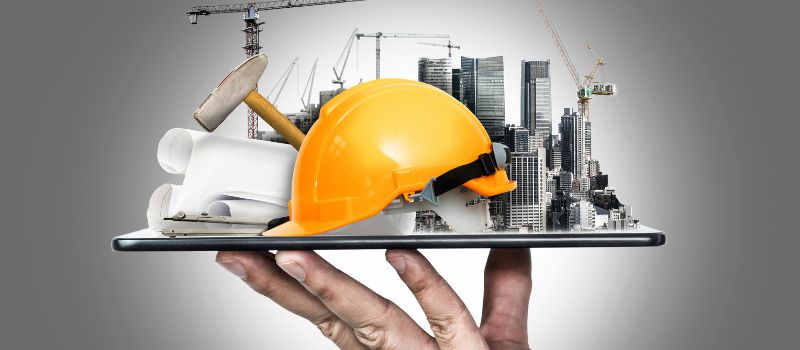
Prefabrication, often referred to as “prefab,” is a construction method that involves manufacturing and assembling building components off-site, which are later transported and installed on the construction site. This approach has gained popularity in recent years due to the numerous benefits it offers to construction projects. Here are 10 ways in which prefabrication can significantly benefit your construction project:
- Accelerated Construction Timelines: Prefabrication can substantially reduce construction time by concurrently working on-site and off-site. This efficiency can lead to faster project completion, allowing you to meet deadlines and generate revenue sooner.
- Improved Quality Control: Controlled factory conditions ensure consistent quality in the production of prefabricated components, reducing the risk of errors or defects compared to on-site construction.
- Cost Savings: Prefabrication can lead to cost savings through reduced labor requirements, minimized material waste, and decreased weather-related delays. It can also help you manage your budget more effectively.
- Safety Enhancement: With many construction activities moved off-site, there are fewer workers exposed to on-site risks, resulting in a safer work environment for all involved.
- Sustainability: Prefabrication often leads to less waste generation, as materials can be optimized and reused in a controlled factory setting. It can also facilitate the use of sustainable materials and energy-efficient designs.
- Design Flexibility: Prefabrication methods offer design flexibility and customization, enabling architects and builders to achieve complex or innovative designs efficiently.
- Reduced Disruption: Construction site disturbances and noise can be minimized with prefabrication, making it a suitable choice for projects in urban or sensitive environments.
- Consistent Quality: Factory-controlled production ensures that each component meets the desired specifications, resulting in consistent quality throughout the project.
- Lower Labor Requirements: As much of the construction work happens off-site, there is a reduced need for on-site labor, which can lead to significant cost savings.
- Weather Independence: Prefabricated components are less susceptible to weather-related delays, making it possible to work year-round without being overly affected by adverse weather conditions.
Incorporating prefabrication into your construction project can be a game-changer, offering benefits that range from cost savings to enhanced quality and sustainability. By choosing this method, you can streamline your construction process and deliver projects more efficiently while maintaining high standards of workmanship.


